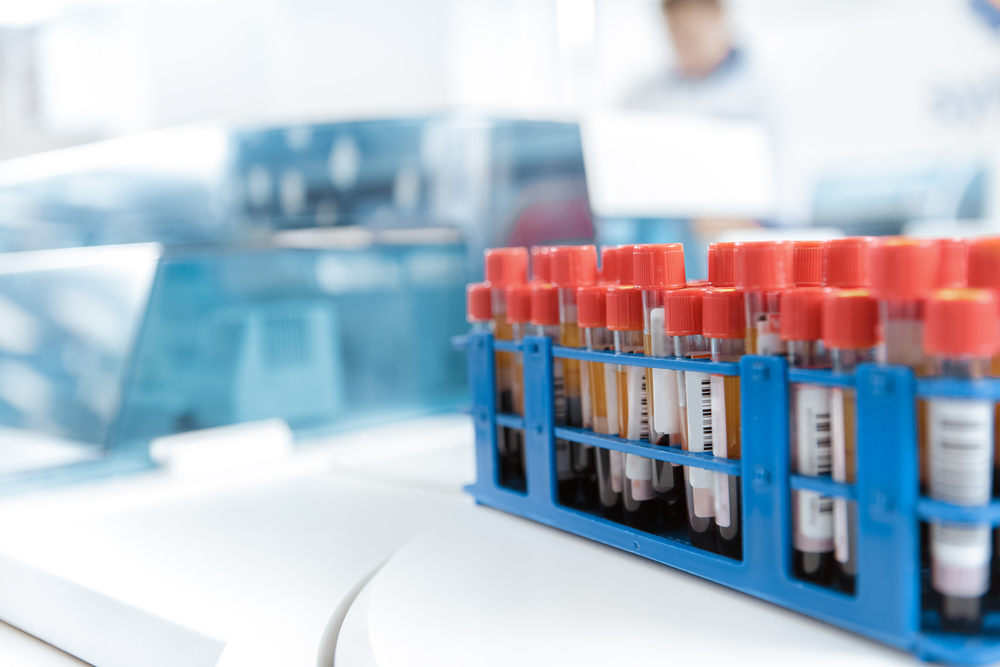Importance of Muscle Wellness Tests & Available Options

In the pursuit of a healthy lifestyle, it's crucial to pay attention to the wellness of our muscles. After all, they form the very foundation of our physical strength and mobility. However, assessing muscle health isn't always straightforward. This is where muscle wellness tests come into play, offering valuable insights into the condition of our muscles. In this comprehensive guide, we'll delve into the importance of these tests, explore the available options, discuss the significance of each test, and highlight key considerations before undergoing them.
Importance of Muscle Wellness Tests
Understanding the status of your muscles through wellness tests is essential for several reasons. Firstly, it allows for early detection of any potential issues or weaknesses, enabling proactive intervention before they escalate into more serious problems. Additionally, these tests provide valuable information for athletes and fitness enthusiasts looking to optimise their training regimens and prevent injuries. Moreover, for individuals managing chronic conditions such as muscular dystrophy or myopathy, regular monitoring of muscle health is paramount for effective disease management and maintaining quality of life.
Available Test Options
- Electromyography (EMG): This test measures the electrical activity of muscles at rest and during contraction. It helps in diagnosing muscle disorders, nerve compression, and other neuromuscular conditions. By analyzing the patterns of electrical signals, healthcare professionals can pinpoint abnormalities and devise appropriate treatment plans.
- Muscle Biopsy: A muscle biopsy involves the removal of a small sample of muscle tissue for microscopic examination. This test aids in diagnosing conditions such as muscular dystrophy, inflammatory myopathies, and mitochondrial disorders. It provides detailed insights into the structure and function of muscles, guiding treatment decisions and disease management strategies.
- Strength Testing: Strength testing evaluates the force exerted by muscles during specific movements or exercises. It assesses muscle power, endurance, and overall functionality. This test is particularly beneficial for athletes and individuals undergoing rehabilitation following injury or surgery. By gauging strength levels, healthcare providers can tailor exercise programs and track progress over time.
Significance of Each Test Option
EMG: By detecting abnormalities in muscle electrical activity, EMG helps diagnose conditions such as neuropathy, myopathy, and motor neuron disorders. It provides valuable information for treatment planning and monitoring disease progression.
Muscle Biopsy: Muscle biopsy offers direct visualization of muscle tissue, allowing for accurate diagnosis of various muscular disorders. It helps differentiate between different types of muscle diseases and guides targeted interventions.
Strength Testing: Assessing muscle strength is essential for evaluating functional capacity and identifying areas of weakness or imbalance. It enables healthcare professionals to design personalized exercise programs and track improvements in muscle performance over time.
Considerations Before Undergoing Muscle Wellness Tests
- Consultation with a healthcare professional: Before undergoing any muscle wellness test, it's crucial to consult with a qualified healthcare provider. They can assess your individual needs, discuss the benefits and risks of each test option, and recommend the most appropriate course of action based on your specific circumstances.
- Understanding the purpose of the test: Take the time to understand why a particular muscle wellness test is being recommended and what information it aims to provide. This will help you approach the testing process with clarity and confidence.
- Preparation for the test: Depending on the type of test, there may be specific preparations required beforehand. Follow any instructions provided by your healthcare provider meticulously to ensure accurate results and a smooth testing experience.
- Potential risks and limitations: Be aware of any potential risks or limitations associated with the test you're undergoing. Discuss these with your healthcare provider and address any concerns or questions you may have prior to proceeding.
We Offer Muscular Wellness Test
At Asto labs, we understand the importance of muscle wellness in achieving overall health and well-being. That's why we offer a comprehensive range of muscular wellness tests conducted by experienced professionals using state-of-the-art technology. Whether you're seeking to optimize your athletic performance, manage a chronic condition, or simply prioritize your muscle health, we're here to support you every step of the way.
Conclusion
In conclusion, muscle wellness tests play a crucial role in assessing the health and functionality of our muscles. By providing valuable insights into muscle strength, electrical activity, and tissue structure, these tests empower individuals to take proactive steps towards optimizing their physical well-being. Whether you're an athlete striving for peak performance or someone managing a muscular disorder, understanding your muscle health is key to unlocking your full potential. Remember to consult with a healthcare professional to determine the most appropriate test options for your needs and to approach the testing process with confidence and clarity. With the right knowledge and support, you can embark on a journey towards better muscle wellness and overall health.






